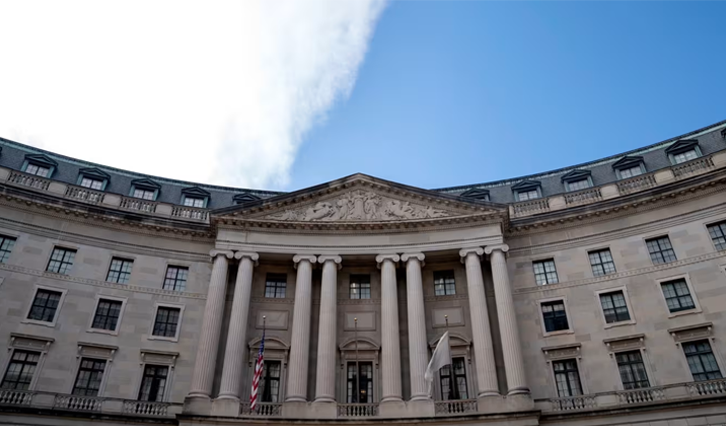The Trump administration has made its position on climate unmistakable: it has withdrawn (again) from the Paris agreement, slashed support for global climate initiatives and has sought to dismantle climate-related infrastructure, including climate satellites and organizations such as the Environmental Protection Agency. Federal leadership is not simply absent. It is obstructive.
Based on this state of affairs, one could easily conclude that the US is fully out when it comes to the effort to arrest the climate emergency, and that America’s absence depresses global collective action. But the US is more than Washington, and its response to climate change is being led by its states, cities, corporations and civil society.
New York Climate Week 2025 promises to showcase this resolve. With a focus on multilateralism and a special concern for less developed countries, the meetings taking place now represent the antithesis of the current US administration’s climate policy. Even companies outside the energy and tech sectors are participating, as well as a wide range of non-governmental organisations. In the moment we find ourselves in, these groups may be seen as brave in their willingness to publicly express concern for and confidence in the scientific consensus that we face a critical and growing problem, expected to cause 250,000 deaths per year between 2030 and 2050.
Over the past few years, climate action beyond the federal government has also been significant. Hundreds of corporations have pledged membership to co-operative initiatives independent of the Paris agreement, making commitments to lower CO₂ emissions and move towards renewable energy sources. For example, Race to Zero, joined by over 400 US companies, seeks to rally non-state actors to halve emissions by 2030 and reduce them to zero by 2050.
State, city and local governments have also been picking up the slack left at the federal level. Today, over 300 US cities have made climate commitments, action plans, or are participating in co-operative initiatives. Large cities are connecting with global partners through organisations such as C40 Cities, a group of mayors representing some 700mn people worldwide.
According to the UN Framework Convention on Climate Change, between cities, companies and private investors, a total of 3,792 non-federal US actors have engaged with climate action. And while it’s true that not all commitments are backed up with concrete or consistent action, the collective expression of resolve is itself critically important.


